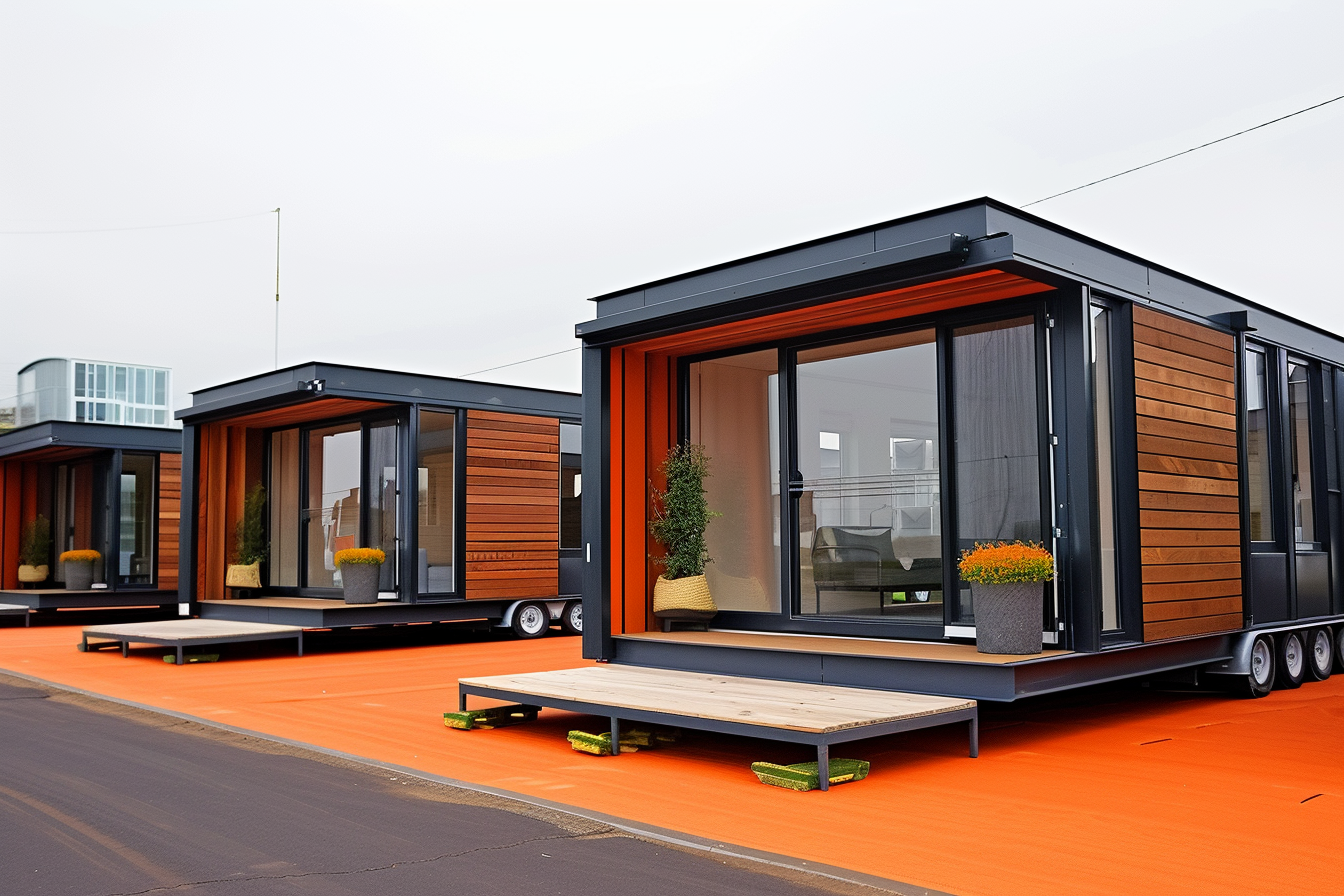The Quiet Progression of Intentional Living: A Societal Embrace of Mindful Existence
Intentional living is not a new concept. It has roots in religious and philosophical traditions such as Buddhism, Stoicism, and Existentialism. These philosophies stress the importance of being present and making conscious decisions about our actions. In the modern context, intentional living has evolved into a lifestyle that encourages mindfulness, conscious consumerism, and the pursuit of a purposeful life.

The Cultural Shift Towards Intentional Living
Recently, there has been a notable shift in societal values towards intentional living. This shift is driven by multiple factors including a growing awareness about the environmental impact of our actions, the rise of mental health issues, and dissatisfaction with mindless consumerism. Today, living intentionally is seen as a way to regain control over our lives and align our actions with our values.
The Rise of Intentional Living in Modern Society
Intentional living is gaining traction as a cultural phenomenon. Many people are choosing to live more mindfully and make decisions that reflect their personal values and goals. The rise of minimalism, organic farming, and ethical consumption are all manifestations of this trend. This shift towards intentional living is changing the way we work, consume, and interact with the world around us.
The Sociological Implications of Intentional Living
The shift towards intentional living has significant societal implications. It challenges conventional norms about success, consumption, and productivity. These changes can lead to a more equitable and sustainable society. Moreover, intentional living can improve mental health by reducing stress and enhancing life satisfaction. However, it’s important to note that intentional living is a privilege that is not available to everyone, and this disparity needs to be addressed.
The Future of Intentional Living
The future of intentional living looks promising. As more people embrace this lifestyle, we can expect to see a continued shift in societal norms and values. However, for intentional living to become mainstream, it needs to be more inclusive and accessible. This involves addressing systemic issues that prevent certain groups from adopting this lifestyle. Ultimately, the goal is to create a society where everyone can live intentionally and lead fulfilling lives.
In conclusion, the rise of intentional living represents a significant shift in contemporary society. By choosing to live more mindfully, we can create a more equitable and sustainable world. However, it’s crucial to remember that intentional living is not a one-size-fits-all solution, and we must work towards making it accessible to all.






